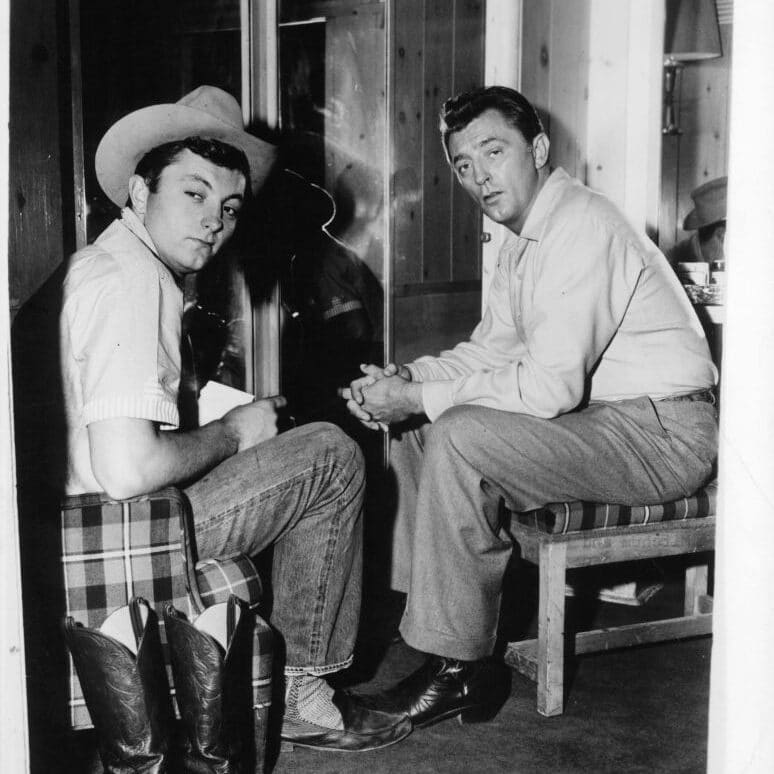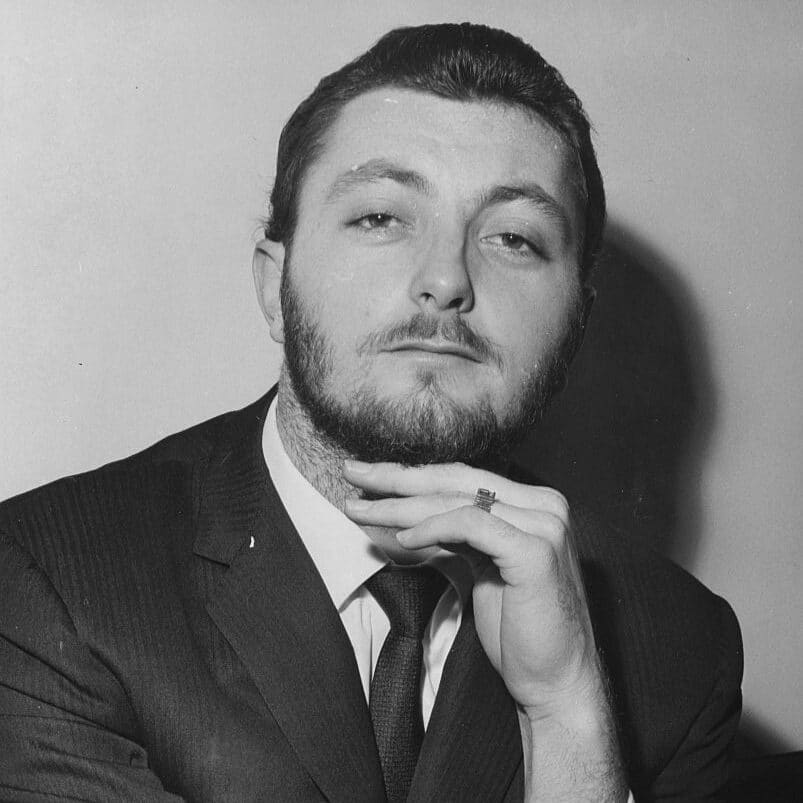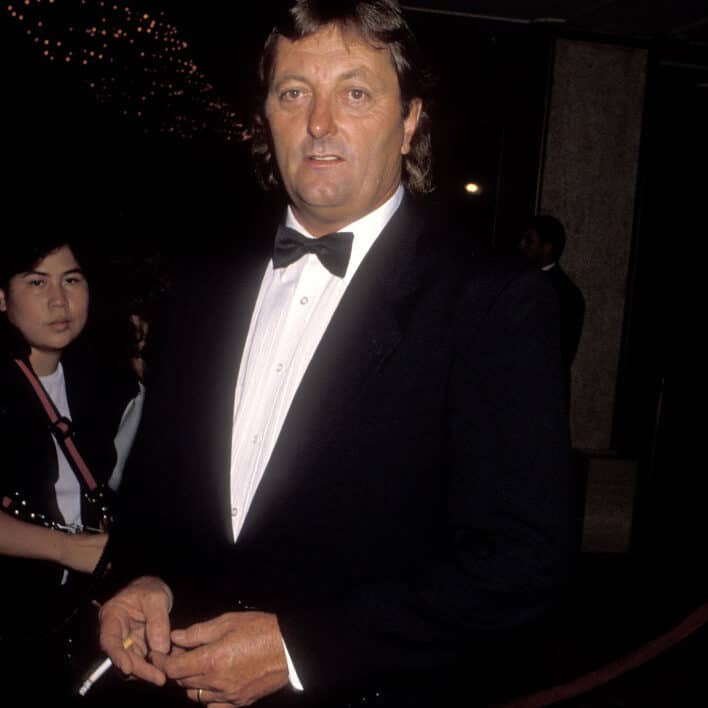Jim Mitchum, eldest son of Hollywood legend Robert Mitchum, has died at his ranch in Skull Valley, Arizona, following a long illness. A family spokesperson confirmed he passed on September 20, surrounded by loved ones. Born May 8, 1941, in Los Angeles to Robert Mitchum and Dorothy Spence, Jim grew up with the same chiseled features and cool, unhurried presence that made his father an icon—resemblances that followed him throughout his own career.
He first stepped in front of the camera at eight years old in Raoul Walsh’s Western Colorado Territory, a brief taste of a world his mother had hoped he’d avoid. By sixteen, though, he was making his own lane in Hollywood with a breakout turn in the 1958 cult classic Thunder Road—a part initially eyed for Elvis Presley. That plan unraveled when Col. Tom Parker’s financial demands outpaced the production’s budget, opening the door for Jim to play opposite his father as the younger brother. The film would become a drive-in staple through the 1970s and ’80s, cementing Jim’s early fan base and fueling a lifelong passion for cars; he even worked on Elvis’s hot rods and struck up an enduring friendship with the King.
Across more than thirty films—sometimes billed as James Mitchum—he delivered steady, understated performances that echoed the tough, laconic qualities audiences admired in his father while remaining distinctly his own. His credits include In Harm’s Way (1965) with John Wayne and Kirk Douglas, Ambush Bay (1966) alongside Mickey Rooney and Hugh O’Brian, and Moonrunners (1975), the rough-and-ready actioner that inspired TV’s The Dukes of Hazzard. He dabbled in music as well, releasing the 1961 single “Lonely Birthday,” though it never charted.
Candid to a fault, Jim spoke plainly about the changing film business. In a 1976 interview, he lamented the erosion of mystique and the rise of profit-first decision-making in Hollywood, a perspective that revealed both his love for the craft and his frustration with the industry’s direction:
“It’s sad to see it’s not magic anymore. There are some shoe clerks and key punch operators running things who would put dog food on the screen if they thought i’d make a profit.”
He didn’t spare awards season either, calling out what he viewed as a mismatch between merit and recognition:
“You take another thing – the Oscars. A sideshow. A carnie. I can think of 10 movies my dad should’ve been nominated for, be he’s been nominated only once. The academy is full of pretentious phonies.”
By 1994, he stepped away from acting and traded backlots for open sky, devoting himself to his Arizona ranch. There, he bred horses and pursued a hands-on, entrepreneurial life, even developing a line of premium moonshine that tipped its hat to his father’s outlaw classics Thunder Road and Out of the Past. The move west didn’t read as a retreat so much as a return to a different kind of authenticity—work that required grit, patience, and a steady hand.
His personal life traced a winding path through Hollywood and beyond. He married actress Wende Wagner in 1968; they divorced after a decade. In 1985 he wed Vivian Ferrand, a union that ended in 1995. He later married Pamela K. Smith, who was at his side when he died. He is survived by his children Will, Brian, Caitlin Ann, and Ana; his stepdaughter; his brother; his sister, Petrine; and grandchildren Jack, Wagner, Paige, and Winnry.
For those who grew up on Robert Mitchum’s smoky cool, Jim’s resemblance was often the first thing they noticed. But over time, audiences and colleagues recognized the quieter legacy he built—working-class persistence, cult-film charm, and a refusal to flatter an industry he believed too often forgot its soul. From drive-ins to desert pasture, Jim Mitchum carried forward a name synonymous with American cinema while carving out a life that was distinctly his: practical, plain-spoken, and passionate about the things—and people—that mattered.








